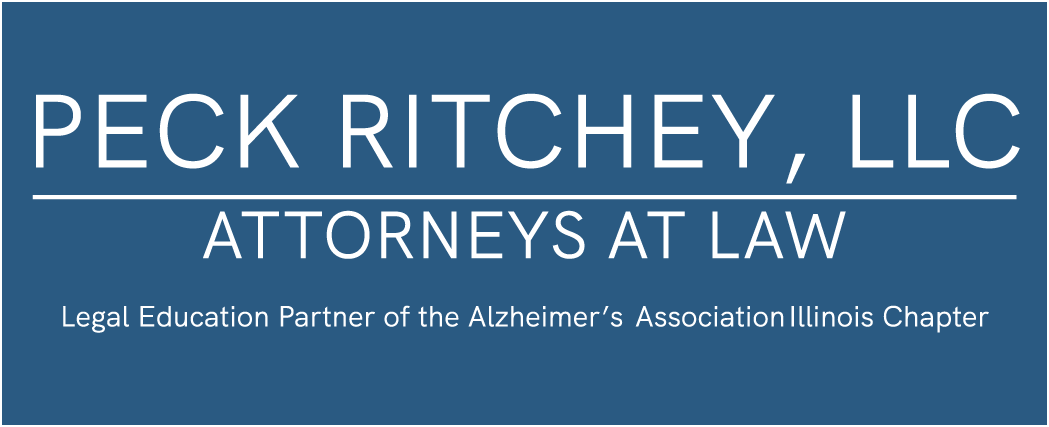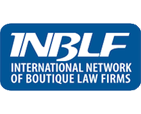As part of the new health care reform bill, in March President Obama signed into law the Elder Justice Act. The act was initially introduced by Illinois representative Jan Schakowsky and took seven years to pass. The Elder Justice Act has been deemed “The most comprehensive federal legislation ever to combat elder abuse, neglect and exploitation” by the Elder Justice Coalition.
The Elder Justice Act:
• Addresses the differences in state laws and practices that lead to significant disparities in prevention, protection, social services, law enforcement, and other inequities.
• Improves the quality of information and research related to elder abuse by developing research standards for studies.
• Studies how states investigate complaints of nursing facilities which receive federal funding.
• Establishes an Elder Justice Coordinating Council composed of representatives from various government agencies to make recommendations to the Secretary of Health and Human Services on the coordination of activities of the Federal, State, local and private agencies and entities relating to elder abuse, neglect and exploitation.
• Establishes an Advisory Board on Elder Abuse, Neglect and Exploitation of stakeholders to enhance communication among private agencies, build consensus, and make recommendations to the Elder Justice Coordinating Council.
• Publishes a list of criminal acts by a nursing facility or its employee on a web site. The Patient Safety and Abuse Prevention Act creates a national program of criminal background checks for persons.
• Funds a feasibility study on establishing a National Nurse Aide Registry.
• Authorizes grants to enhance long-term care staffing through training and recruitment with employee incentives.
• Provides $32.5 million (over 4 years) in grants to fund Long-Term Care Ombudsman Program to improve ombudsman effectiveness in addressing abuse and neglect in nursing homes and assisted living facilities and an additional $40 million ($10 million annually) in training programs for national organizations and State long term care ombudsman programs.
• Penalizes any nursing facility which receives federal funding, such as Medicare, and does not immediately report any “reasonable suspicion of a crime” against a resident or patient to local law enforcement.
• Creates new Elder Abuse, Neglect and Exploitation Forensic Centers to develop expertise and standards for investigating elder abuse. The four stationary and six mobile centers will promote detection and increase the capacity to prosecute offenders.
• Requires the Attorney General to plan for prosecutions of elder abuse cases.
• Adult Protective Services (APS) funding. Provides $400 million ($100 million per year) in first time dedicated funding for adult protective services.
• Provides $100 million ($25 million annually) for state demonstration grants to test a variety of methods to improve APS.
If you or a loved one is having issues relating to elder abuse, financial exploitation or neglect, call our elder law attorneys for a free consultation, (312) 201-0900.














